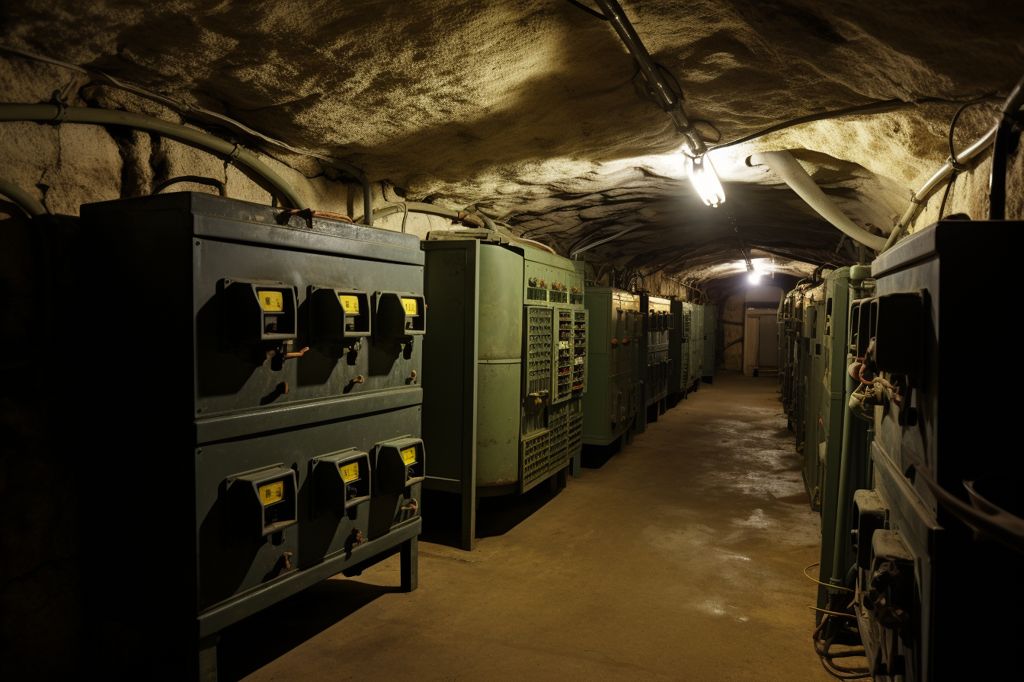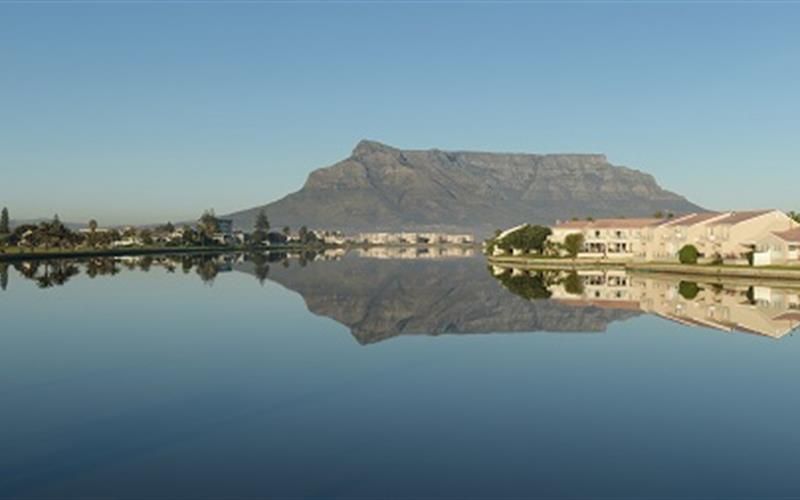Paarl, located in South Africa’s Western Cape, regularly experiences power cuts. The nation’s stage 6 loadshedding poses a challenge for communities to maintain essential services. To address this issue, the Western Cape Government (WCG) allocated nearly R89 million in early 2023 for municipalities to purchase generators. The Drakenstein Municipality used this funding to purchase two generators, which were installed at the Paarl Wastewater Treatment Works to ensure that water and sanitation services could continue during power cuts.
Premier Winde’s Visit
Premier Alan Winde recently visited the Paarl Wastewater Treatment Works to evaluate the municipality’s emergency interventions. During his tour, he expressed his appreciation for the proactive measures taken by the local government. Premier Winde stated that the investment in innovation and stability for municipal services is encouraging.
Additionally, the Drakenstein Municipality installed uninterrupted power supply (UPS) systems at 41 major traffic intersections across Paarl. These systems consist of inverter-battery packs capable of withstanding up to 4 hours of loadshedding. They are stored in underground chambers for security measures. Once the power goes off, the UPS systems automatically kick in, ensuring that traffic lights remain operational during power outages. The UPS systems have cleverly designed covers that protect them from tampering, and municipal officials can monitor them through an application that detects any unauthorized access.
Impact on Essential Services
Premier Winde also visited the Klein-Drakenstein Clinic and Paarl East Police Station to evaluate the impact of loadshedding on service delivery. Healthcare workers at the clinic shared their experiences of adapting to power outages, despite the lack of a generator. Premier Winde commended their dedication and emphasized the need for a more resilient energy infrastructure to support critical services such as health and safety.
The Paarl East Police Station is equipped with an emergency generator, but its capacity is insufficient to power the entire facility. This is an example of the ongoing challenges South African communities face as they grapple with the energy crisis. However, the efforts of the WCG and municipalities like Drakenstein highlight the determination to innovate and adapt for the well-being of their citizens.
Inspiration for Other Communities
Paarl’s story serves as an inspiration for other communities facing similar challenges. It showcases the value of collaboration, innovation, and resolute commitment to providing essential services in the face of adversity. Through the steadfast endeavors of local governments and the people they represent, the resilience and adaptability of South Africa’s towns and cities persevere, even as the energy crisis looms large.








